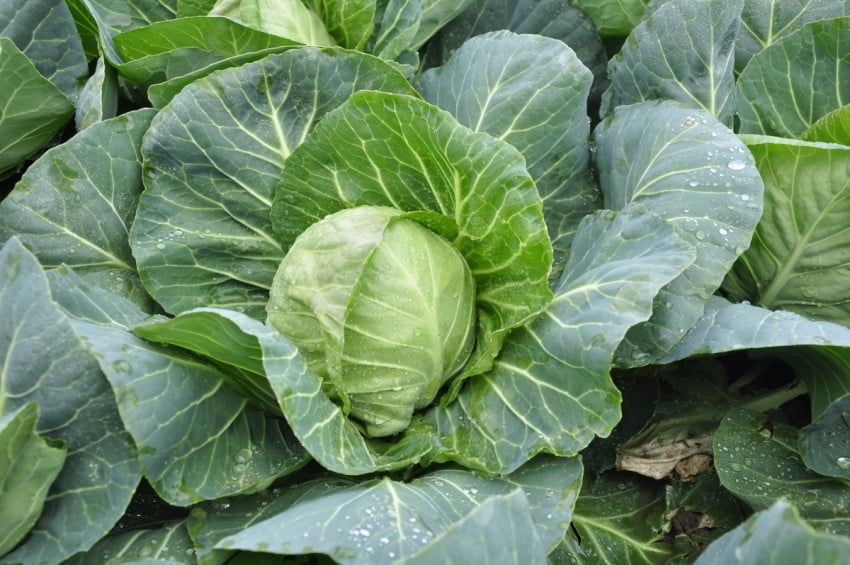According to expert estimates, the total area of commercial white cabbage plantations in Moldova is less than one thousand hectares this year. A few years ago, it was considered one of the main vegetable crops, the area of it reached 4-5 thousand hectares, including at least 2-3 thousand hectares for commercial production. As noted by resource suppliers, sales of white cabbage seeds for this year’s harvest were extremely weak and farmers almost completely abandoned the production of early cabbages.
Five to seven years ago, vegetable farmers in the southern regions of Moldova (Cahul, Vulcanesti) specialized in the production of early cabbage in greenhouses and in fields cover by agril. However, over the past few years, the early cabbage market segment in the country’s fruit and vegetable market has been under the full control of early cabbage suppliers from Macedonia and, to a lesser extent, Romania, Turkey and Ukraine. This year, Macedonian cabbage from unheated greenhouses became available in Moldovan retail in late February – early March; supermarket chains purchased it at a wholesale price of no more than 0.40-0.45 EUR/kg. By the end of May, the price dropped to 0.10-0.15 EUR/kg.
Read also: Opinion: Rains will not change the downward trend in cucumber prices in Moldova
Local open field white cabbage appeared on the Moldovan market in the last decade of May. In less than two weeks, the average wholesale price for it decreased by about one and a half times – on average, to 3-4 MDL/kg ($ 0.16-0.22/kg). Experts note that cool and humid weather is needed for cabbage, similar to the weather in the country in May and early June. Even taking into account the sharp reduction in acreage, the yield of this agricultural crop in the country may turn out to be high and prices “unpredictably low”.
The use of the site materials is free if there is a direct and open for search engines hyperlink to a specific publication of the East-Fruit.com website.




